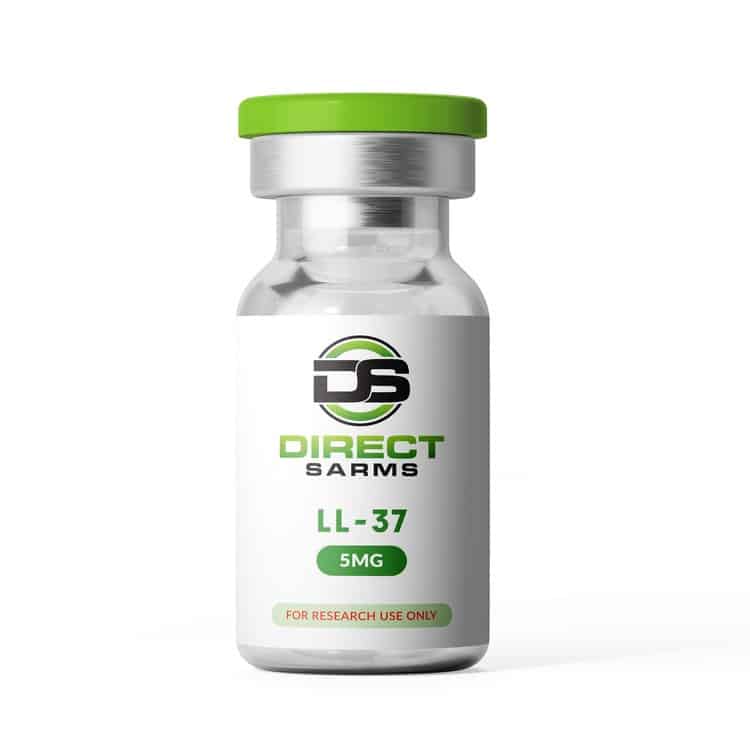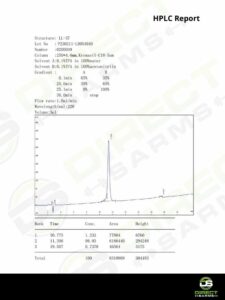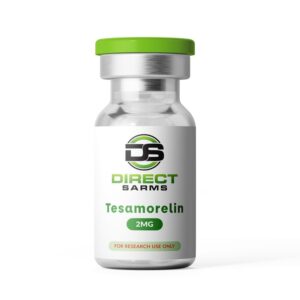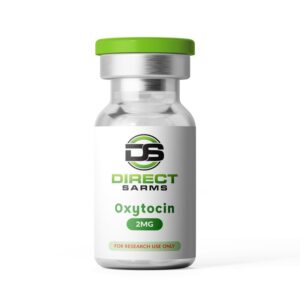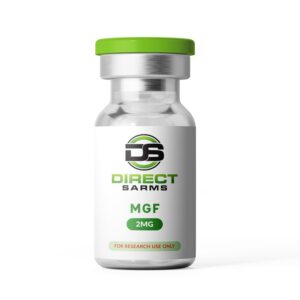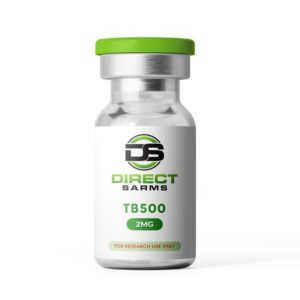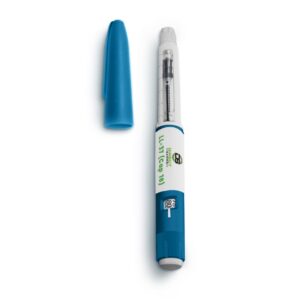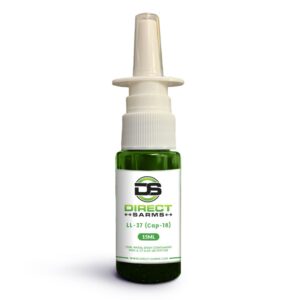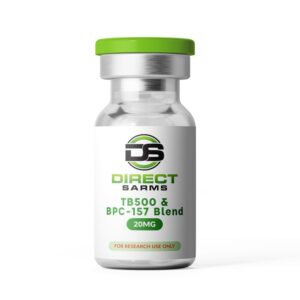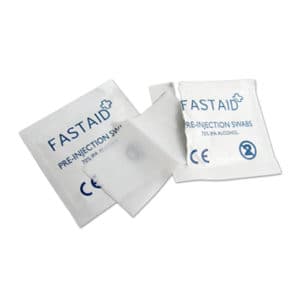LL-37 (Cap-18) Peptide Vial 5mg
$51.22 – $59.95
LL-37 falls under the family of antimicrobial peptides called cathelicidin. Research suggests it has potential benefits in the following:
- Acts as an anti-bacterial agent that fights infections
- Could help with immune infections such as psoriasis, arthritis and lupus
- Promote wound healing and the growth of epithelial cells in research on lung disease.
- Ability to reduce arthritis symptoms due to its anti inflammatory properties
- Can aid in tissue repair and wound healing
502 in stock
First time customer gets 15% discount code = 1storder
LL-37 (Cap-18) Peptide Vial Monaco
LL-37 (cap-18) is one of the best peptide used to treat antimicrobial illnesses. Bacteria are the common microbe that is fought against using LL-37. LL-37 falls under the family of antimicrobial peptides called cathelicidin. It is the only antibacterial cathelicidin that is found in the human body. LL-37 (Cap-18) Peptide Vial has been reported to be effective, and thus, it is recommended by doctors during an antimicrobial infection.
This peptide can fight both Gram-negative and Gram-positive bacteria. Other than bacteria, also fights against yeast, which is a fungus. Thus, it can be used by patients suffering from yeast infections. Reports have also shown that LL-37 inactivates the viral function of the herpes simplex virus.
Additionally, that high levels of innate LL-37 are usually found in wound sites. Monaco Research has suggested with LL-37 (Cap-18) Peptide Vial can assist wounds to recover more quickly. It promotes wound closure by initiating the reformation of the epithelium.
LL-37 (Cap-18) peptide vial can provide improved chances of fighting disease. During an infection, the body transports white blood cells to the infection sites. Monaco Research has suggested this peptide has been shown to increase your chances of fighting diseases because it acts as a chemo-attractant to these white blood cells, including neutrophils. Studies have indicated that this helps to drop a significant amount of pathogens from the body, and thus fighting the disease at a more rapid pace.
The body has to clean out damaged cells and then regenerate new cells. This is called autophagy. This peptide helps the body to perform this cleaning, and thus, it ensures that your body has healthier cells. This, in turn, will help in avoiding diseases that thrive when you have damaged cells.
LL-37 (Cap-18) Peptide Vial Benefits Monaco
Fight infection
LPS (lipopolysaccharide), a key component of gram-negative bacteria, targets antimicrobial LL-37, a component of the immune system. Infections such as staph and other bacterial-related illnesses can benefit from its ability to combat Gram-positive bacteria.
According to Monaco studies on skin infections, LL-37 (Cap-18) peptide levels quickly rise in the skin when pathogens invade the body. Human beta-defensin 2 and other peptides, on the other hand, work together to combat infection.
Tissue regeneration
The LL-37 (Cap-18) peptide vial is also an effective antimicrobial agent because it regulates the stability of pro- and anti-inflammatory molecules in the body. Finding the proper symmetry between inflammation and tissue healing is difficult, according to researchers. For example, the body’s inflammatory responses are necessary to fight off pathogens, but they can impede recovery and even lead to autoimmune disease because they inhibit healing and scar tissue. But because macrophages, which promote inflammation when pathogens invade, are affected by LL-37, the treatment helps maintain a healthy balance between inflammation and healing.
Other cells in the body are alerted to pathogens by macrophages. As a result, new signals are being produced by macrophages that help reduce inflammation and prepare the body to heal. The LL-37 cathelicidin peptide changes anti-inflammatory macrophages into pro-inflammatory ones, reversing the activation of macrophages.
It has also been shown to inhibit the formation of biofilms, which may be helpful in the treatment of wound infections caused by P. aeruginosa or S aureus. In addition, it can remove bacteria from the wound due to its antibiofilm properties and its ability to stimulate wound healing.
Infections of the Immune System
LL-37, on the other hand, has been shown to aid in the treatment of lupus, arthritis, and psoriasis and be an antimicrobial peptide. It has also been found that LL-37 (cap-18) peptide vial affects the immune system, which has been studied and found to include the reduction of atherosclerotic plaque levels and an increase in IL-18 and IFN-alpha production, as well as an increase in neutrophils.
Astonishingly, LL-37/CAP-18 doesn’t always have the same impact on the immune system. The peptide can either increase or decrease T-cell inflammatory activity, depending on the situation.
It has been shown to have homeostatic effects, preventing the immune system from overreacting to infection, thus reducing the risk of an outbreak. Since this is the case, experts believe that LL-37 (Cap-18) peptide vial may help treat autoimmune disorders. LL-37 was initially thought to be the cause of inflammation, but recent studies have shown that it could effectively treat autoimmune diseases.
Arthritis
Arthritis symptoms may be alleviated by taking LL-37. Monaco Researchers found a high concentration of the peptides in the joints of arthritic rats, for example. LL-37’s ability to reduce inflammation in the body is to blame for this.
A similar study in mice found that LL-37 can also protect against the collagen damage caused by inflammatory arthritis. As a result, administering LL-37 (Cap-18) peptide vial directly to the affected joints can help lessen the symptoms of the disease. Scientists believe that LL-37 may have anti-arthritic properties because it is found in highly inflamed tissues. In addition, interleukin 32, a substance associated with arthritis, appears to be controlled by the peptide.
Upregulation of the toll-like receptor 3 (TLR3) has been linked to an increase in arthritis symptoms. Conversely, TLR4-binding LL-37 therapy has anti-inflammatory effects because of the LL-37’s affinity for TLR4.
Lung Disease
Monaco Clinical trials have found LPS in a wide variety of organisms. Inhaling this chemical will not prevent respiratory diseases like asthma or COPD. However, evidence suggests that LL-37 may be helpful in the treatment of toxic dust syndrome.
LL-37 (cap-18) peptide vial has been shown to promote wound healing and the growth of epithelial cells in research on lung disease. In addition, airway epithelial cells are also attracted to the injury site by this process, which helps to promote the growth of blood vessels that will transport nutrients to the newly formed tissue and keep it healthy.
According to preliminary Monaco research findings, this peptide appears to be helpful in the treatment of gastric and intestinal cancers. In addition, vitamin D seems to have anti-cancer properties, based on preliminary research.
According to researchers, intestinal tumour anti-cancer activity may be induced by vitamin D through LL-37.
There is also the option Monaco to buy LL-37 (Cap-18) Nasal Spray and buy LL-37 (Cap-18) Pre Mixed Peptide.
Reference:
[1] https://www.ncbi.nlm.nih.gov/ pmc/articles/PMC3346901/
Molecular Formula: C205H340N60O53
Sequence: LLGDFFRKSKEKIGKEFKRIVQ RIKDFLRNLVPRTES
Molecular Weight: 4493.28 g/mol
Disclaimer: We do not supply sarms or peptides to any individual under the age of 21. You must be a licensed and qualified healthcare practitioner. Our team of dedicated professionals are committed to providing an extensive range of products used ONLY in the process of laboratory research by responsible trained and professional individuals. All products listed on this website (direct-sarms.com) and provided through Direct Sarms are intended for laboratory research purposes only. The products listed on this website are NOT for human or animal consumption or ingestion of any kind.

